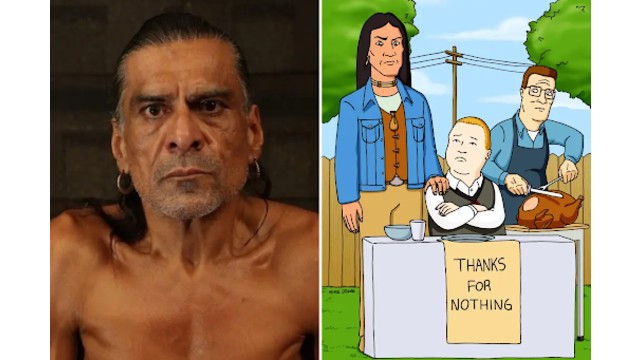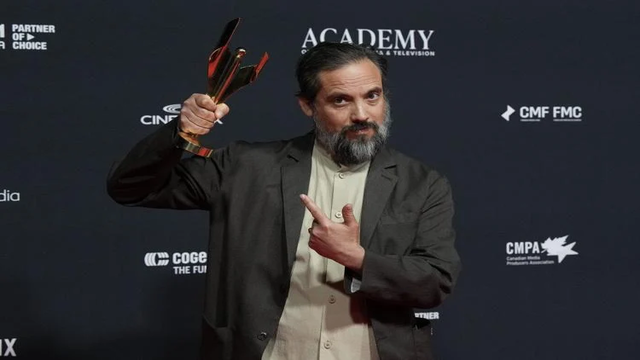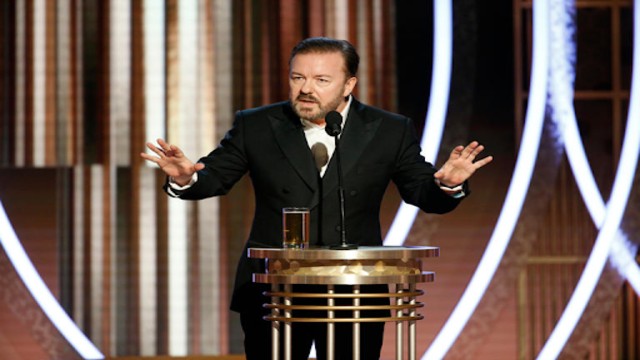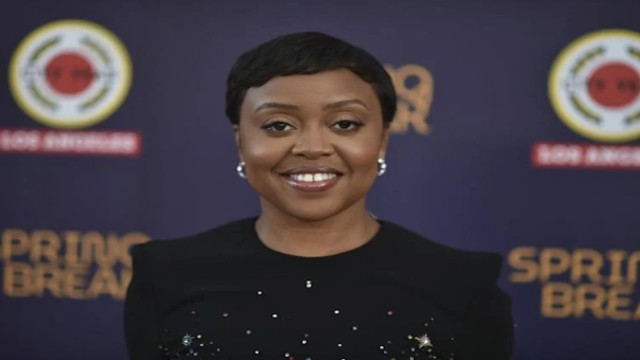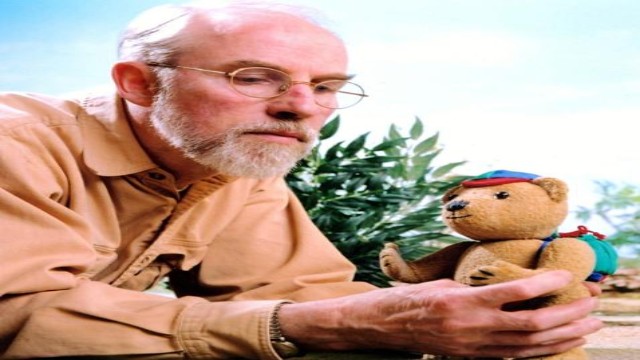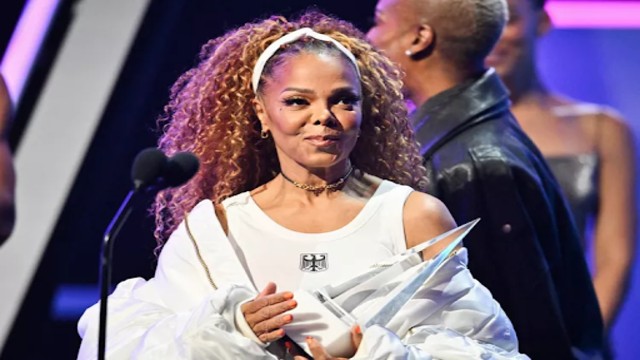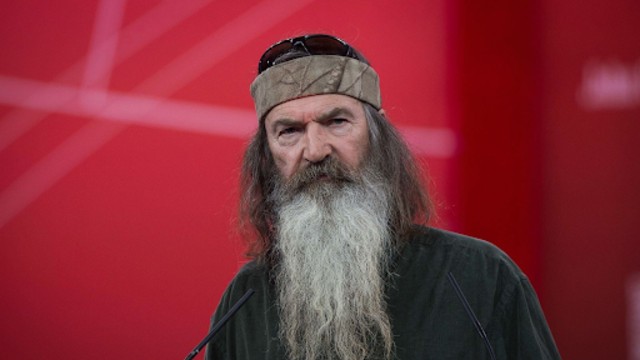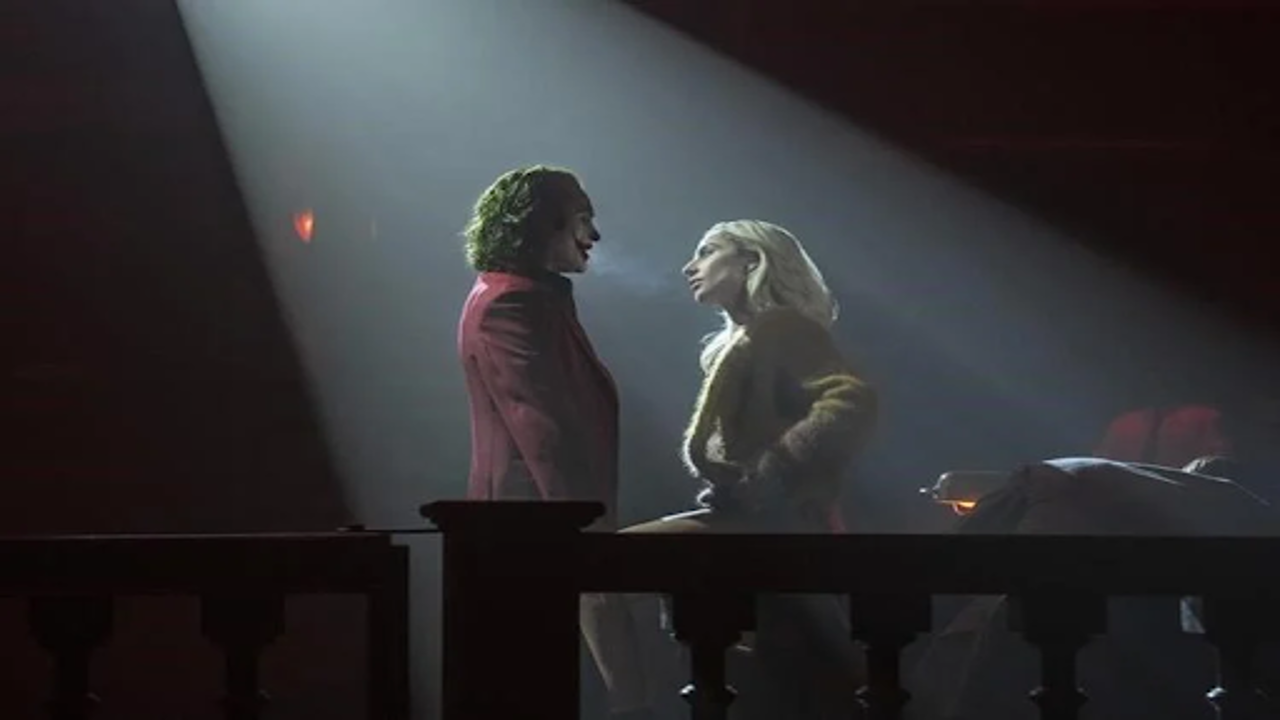
Joaquin Phoenix and Lady Gaga in a scene from “Joker: Folie à Deux”. (Warner Bros Image)
The sequel to the highly acclaimed “Joker,” which grossed over a billion dollars and earned Joaquin Phoenix an Oscar, is here. Directed by Todd Phillips, “Joker: Folie à Deux” ventures into a dark, musical exploration of Arthur Fleck’s mind as he awaits trial for murder and develops a romantic relationship with fellow Arkham inmate Lee, portrayed by Lady Gaga. This ambitious project aims to delve deeper into Fleck’s psyche, blending music, chaos, and a fresh narrative that has already sparked mixed reviews from critics.
Knowing that replicating the success of the original would be a challenge, Phillips and Phoenix decided to take a different approach. Rather than following the same formula, they crafted a story that would push boundaries, creating something that resonates deeply yet provocatively. Audiences will have the chance to weigh in on their vision when the film opens in theaters on October 4.
When discussions about a sequel began, the question of Phoenix’s involvement arose. Known for his reluctance to participate in sequels, he found himself still intrigued by Fleck. During the first film, he often imagined how the character might respond in various situations. He and Phillips even created mock posters featuring the Joker in iconic films. Phoenix stated, “Sometimes you’re just done with something, and other times you have an ongoing interest. I just felt like we weren’t done.”
With this renewed interest, Phillips and co-writer Scott Silver crafted a new script that emphasizes the musical elements in Fleck’s life. The relationship between Arthur and Lee introduces a vibrant contrast to his bleak existence in Arkham.
Gaga’s casting has already ignited debate, especially given her powerful singing voice, which she intentionally downplayed for the role. Phillips, who previously worked with her on “A Star is Born,” sought an actress who could bring depth to the character without relying solely on her musical talents. Gaga expressed the challenge she faced in “untraining” herself to fit Lee's character, highlighting her dedication to embodying the role.
Phoenix praised Gaga’s commitment, noting that her approach to the character involved sacrificing her usual singing style for a more authentic portrayal. In addition to her performance, Gaga is releasing a companion album, “Harlequin,” featuring songs that complement the film’s themes.
Unlike Margot Robbie’s Harley Quinn, Gaga’s Lee is crafted with a different essence, embodying an inner turmoil and complexity. Gaga dedicated her efforts to developing Lee's character, focusing on her psychological struggles.
Brendan Gleeson, joining the cast as an Arkham guard, admired Phoenix’s integrity and sought to bring depth to his character rather than portray a typical brute. This spirit of exploration permeates the film's production, where spontaneity and creative chaos are embraced.
The film explores themes of entertainment and corruption within the judicial system, echoing modern societal issues. Phillips noted the heightened scrutiny surrounding the sequel, acknowledging the increased pressure that comes with its success. Despite concerns about its larger budget, Phillips remains steadfast, believing that taking risks is essential in filmmaking.
Gleeson maintains an optimistic view of the project, describing it as a blend of arthouse integrity and blockbuster appeal. As the film approaches its release, discussions about its classification as a musical continue. Phillips aims to set realistic expectations, emphasizing the film's darker, more somber tone while still embracing its musical elements.


